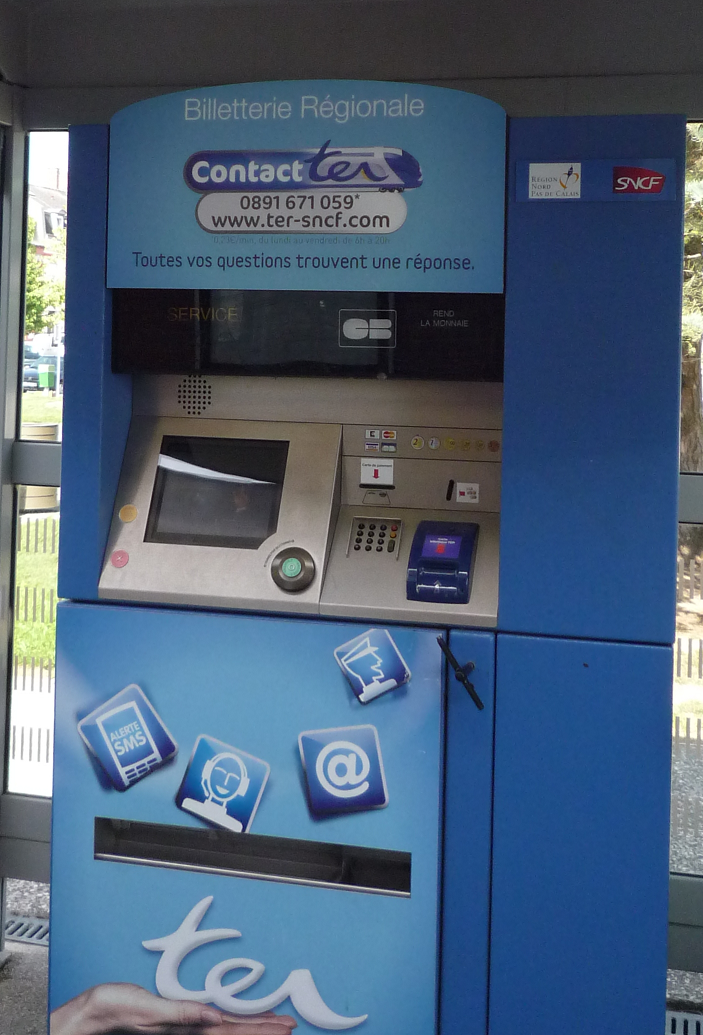
Numerous devices use the cellular network to communicate. Instead of voice, it is in these cases transmitting data via 2G, 3G or 4G networks. This type of installation is often called machine-to-machine. Below are some examples of the many situations in which a GSM amplifier can really benefit by coping with a poor cellular network signal.
- Cellular network and POS, bank card payment terminals
- Cellular network and Internet sticks and 3G / 4G modems
- Cellular network and Emergency, surveillance and alarm systems
- Remote controls, fault reports and data collection
1.Cellular network and POS, bank card payment terminals
The advent of wireless POS (Point of Sale) has been a revolution in payment systems. However, in certain special situations (e.g., underground offices), the cellular network signal is poor and barely reaches.
All SIM-card-equipped POSs operating in GPRS, 2G, 3G and now 4G will regain lifeblood with the help of a GSM amplifier, including basement floors!
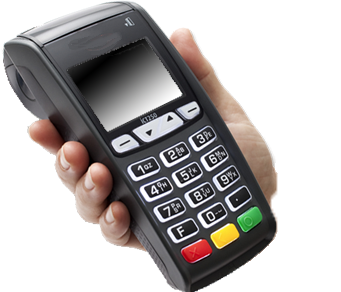 |
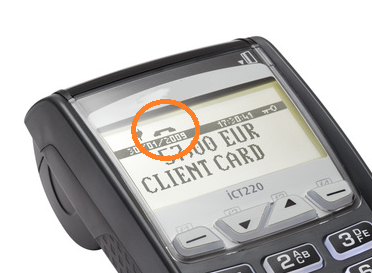 |
Same for automatic payment systems and automated bilglietterie (parking, bus and train networks): every time a card payment needs to be validated, the system needs to be able to query the central office and thus get a green light. The older models use a landline to do this, while the newer ones take advantage of the cellular network. Obviously this second generation has been very successful and is easy to use...provided, however, that the cellular network is reachable and the signal quality sufficent
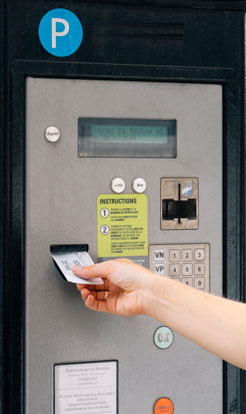 |
|
As with POS, ticketing machines will work just fine with a GSM repeater whenever the cellular network signal is not up to snuff.
2.Cellular network and Internet sticks and 3G / 4G modems
These small boxes, distributed by mobile phone operators, use as we know the cellular network (a SIM card) as an alternative to the fixed Internet connection (ADSL or fiber optic, for that matter) at home or in the office. It is a solution that on a technical level works quite well, but... even here the device must be able to receive some signal!
|
|
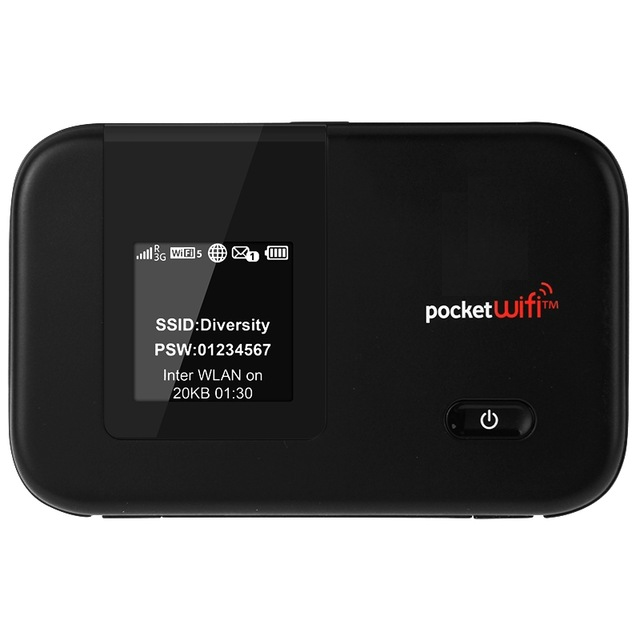 |
Once again, a GSM amplifier may be the solution: the cellular network will be reached and the signal brought in, re-amplified, and finally broadcast to the indoor environment, so that these devices will work perfectly.
3.Cellular network and Emergency, surveillance and alarm systems
Whether it is the protection of people (emergency call bracelet or pendant for the elderly or those in distress), or the protection of premises (intrusion or fire detection, unauthorized openings...), there are numerous systems that take advantage of the cellular network, whenever a wired or Wi-Fi connection is not available.
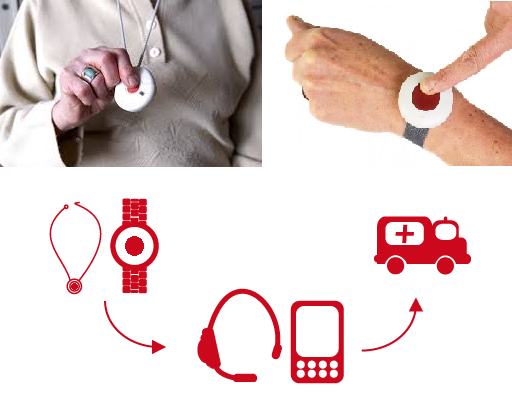 |
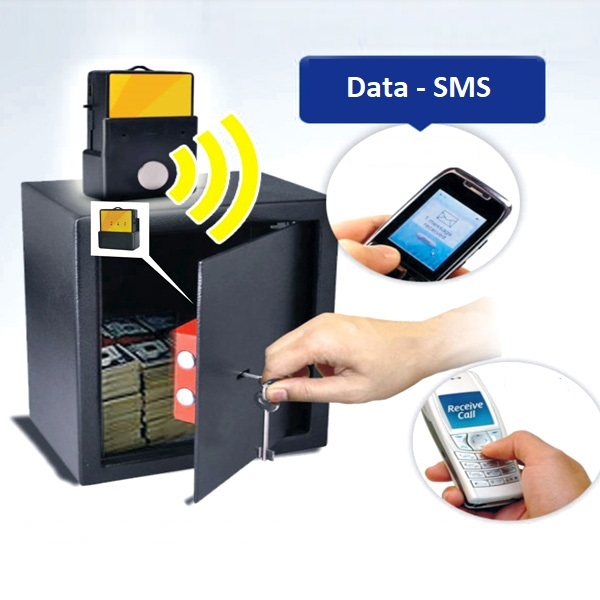 |
The proper functioning of these systems again depends on the presence of a cellular network signal of sufficient quality. For all uses, the GSM amplifier strengthens the signal and distributes it to where your devices need it, ensuring that they work properly.
Most systems use both the 2G / GPRS cellular network and the 4G network, the newer ones certainly do.
4.Remote controls, fault reports and data collection
These systems are very similar to those just described. They use the same frequencies but pass different information over the 2G GPRS, 3G or 4G cellular network.
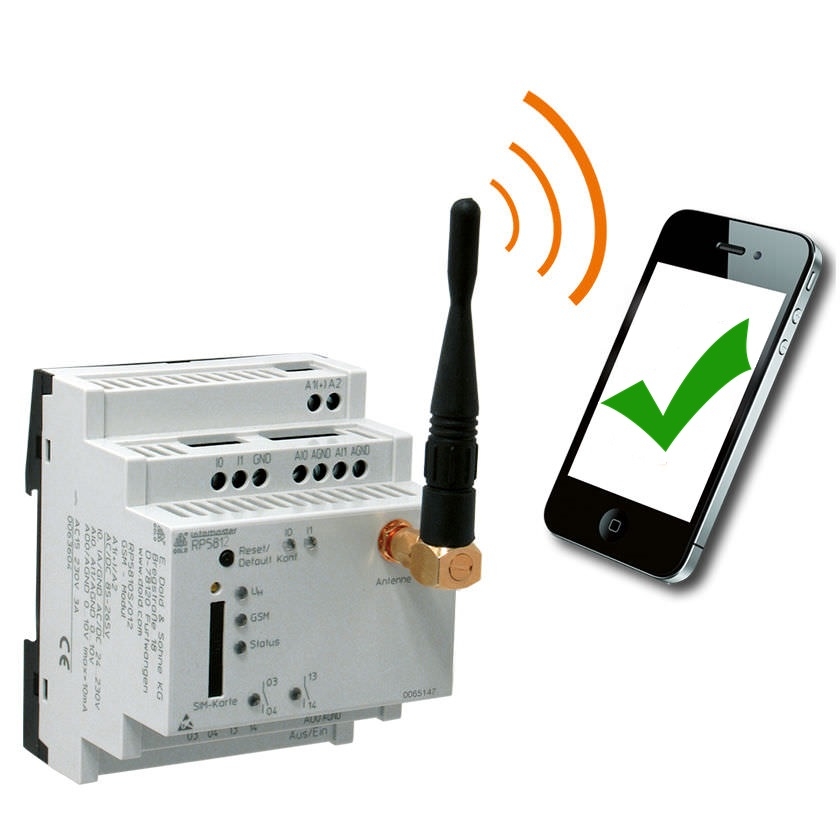 |
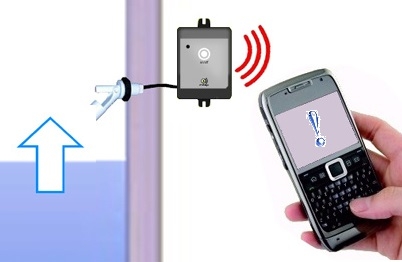 |
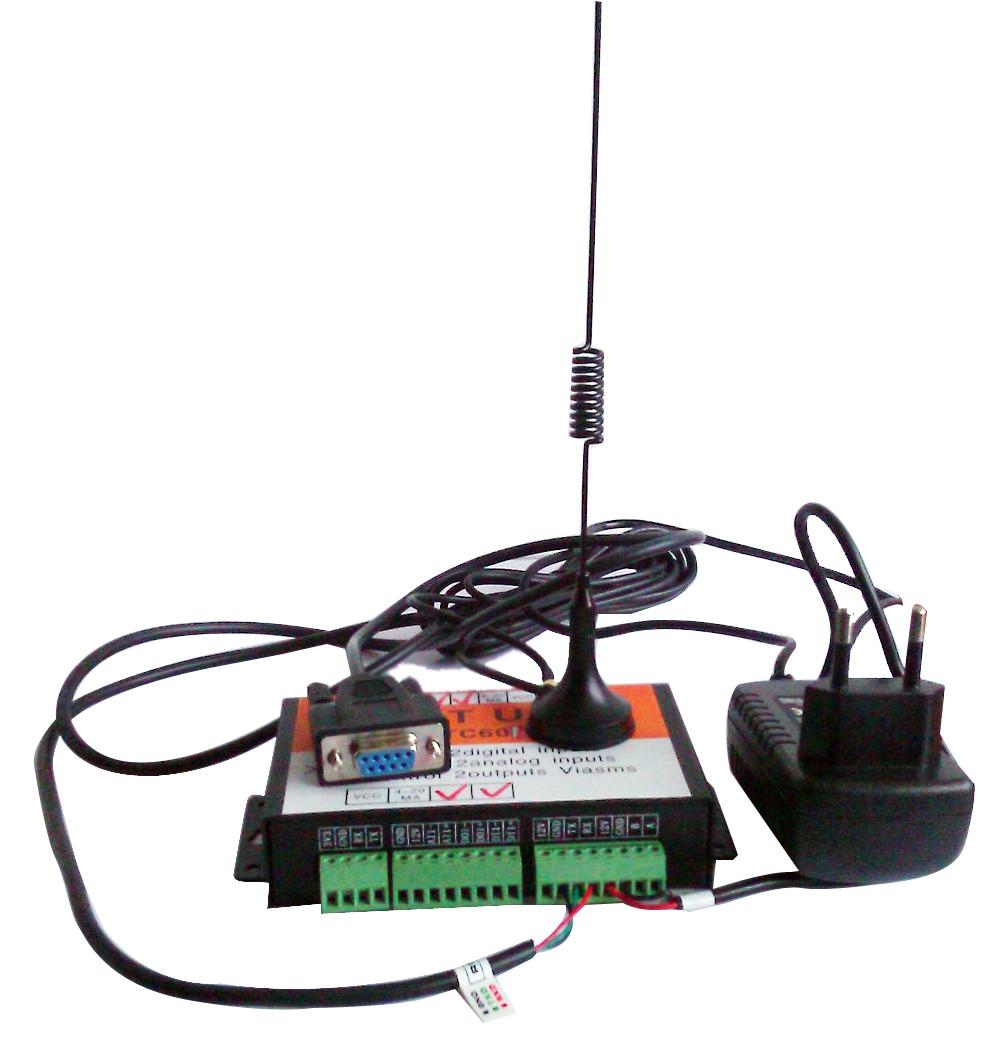 |
GSM remote controls are very common with regard to such uses as opening a garage, turning on district heating systems... The difference with " classic " remote controls is that the caller's phone number must be recognized by the device in order to accept the remote control order.
By saying « anomaly alerts » we mean machines that go to transmit different types of information at different times. For example, the filling level of a liquid in a tank is transmitted upon the occurrence of a specific event: reaching this or that level of a tank, end of milking by the robot, alarm about the sudden change in a flow... all of this is very finely customizable. The principle is that, from your cell phone, you should be able to receive status information and send back orders accordingly, for example by SMS.
In the case of data collection, the machine records its activity along a certain time frame and then transmits this data. For example: measuring the duration between two regular events, counting the number of entries/exits, counting the number of tickets issued, and more. As is obvious, these machines also need a cellular network to rely on, and there must be cellular signal. If this is poor, a GSM repeater may be the most reliable solution here as well.
The GSM amplifier represents a reliable solution
As we have just seen, there are numerous devices that take advantage of the cellular network to perform their tasks. In case of a poor signal, the GSM amplifier lends us a hand: the signal available outside is picked up by the outdoor antenna, then trasmitted by cable to the repeater (which we placed inside the house or office), which re-amplifies it and distributes it by means of its indoor antenna. It is the latter that is picked up by the machine in question, and it is always it that relays the information.
This technology, which may appear obsolete in relation to all those systems that use WI-Fi or a wired Internet connection, actually still has many springs ahead of it: the cellular network signal can travel miles and cover very large areas, while a wired Internet network requires the construction of expensive and time-consuming infrastructure. The future is definitely in the sign of the cellular network, especially the 4G network: it offers the possibility of internet access despite great distances.
That's all for today, see you very soon!
